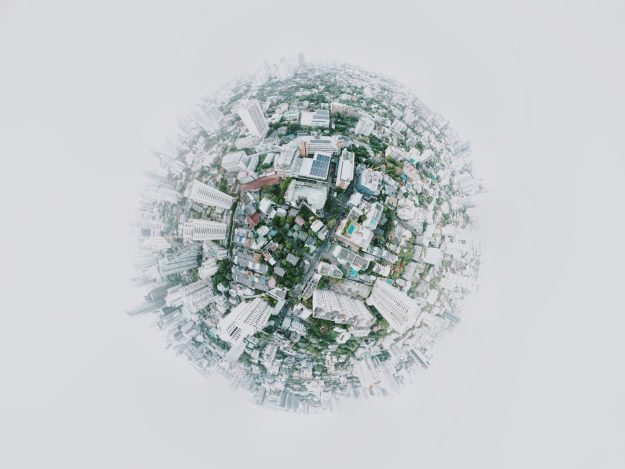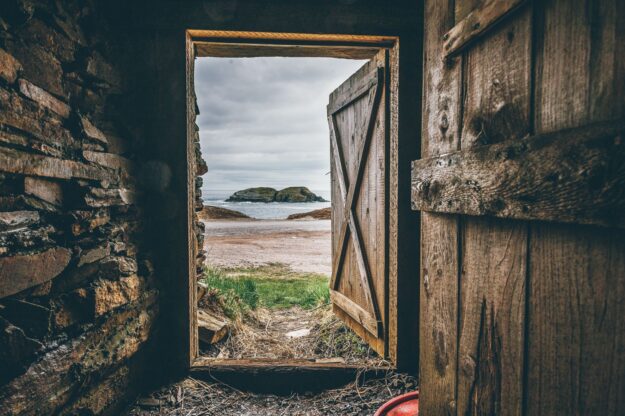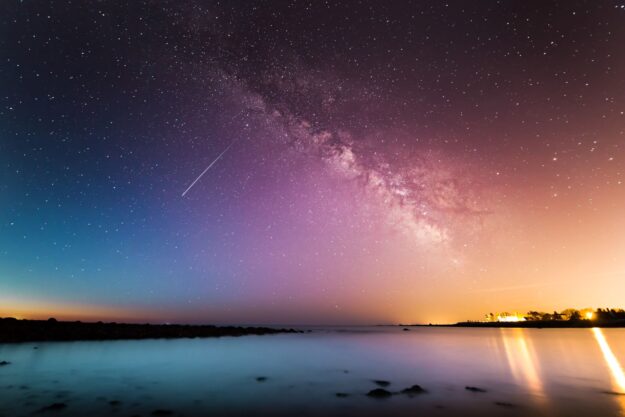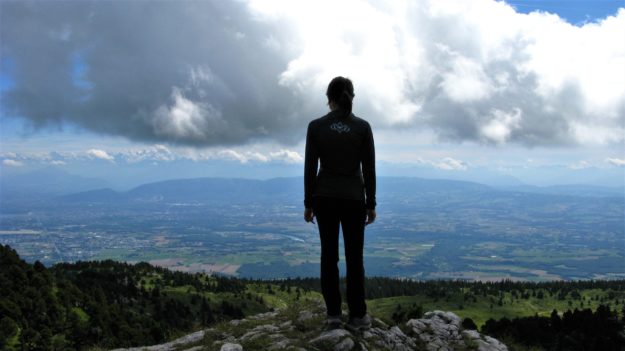Jennifer Harvey Sallin, MA, LLPC, NCC is a psychologist specializing in high intelligence and climate psychology. She is the founder of www.intergifted.com and I Heart Earth. InterGifted raises awareness about giftedness in adulthood and provides self-development resources and community for gifted adults. I Heart Earth provides psychologically-informed resources for conscious climate & ecological engagement. Jennifer trains therapists & coaches who support the gifted population, and mentors gifted leaders who are working in the gifted, climate and ecological realms. She lives in Switzerland and works with clients internationally (in English, French and Italian).
At the core of structural personality disordering is a rigid coping strategy which was very functional for restrictive developmental environments, but which later in life causes all kinds of trouble for the person in contexts which don’t require that rigid form of coping. We all know narcissism from our own healthy narcissistic development as children, but we also know its more toxic forms from cultural/collective narcissism, and from any of the unhealed narcissistic wounds that remain alive in us as individuals, in our own relationship to ourselves and in our relationship to others and the world. Healing narcissistic wounds is available for many of us, and our individual healing contributes to profound systems change, as intergenerational, cultural and collective narcissistic wounds are crying out to be tended to and repaired. This article explores all this and gives resources for further discovery and recovery.
A good life is built upon our relationships – to ourselves, with others, and to the whole of life. In a growth-dependent paradigm (i.e. Capitalism), the need for growth at all expenses puts pressure on us and our relationships, toxifying the psychic, social, environmental and spiritual fabric into which we weave our life experience. In contrast, a degrowth framework allows us to live in an embodied present in which our relationships are based on real living, mutual aid, a sense of place and community care, and joy and collective meaning. This article explores the psychological and physical harms of growthist ideology, and how we can individually and collectively create a better life that meets our true needs for thriving.
Bringing our giftedness to therapy isn’t always easy, both for gifted therapists and gifted clients alike. The shame or fear we feel around our gifted complexity and/or gifted wounds, and the lack of support we’ve had for integrating our giftedness into our lives, show up in ways that dampen our ability to give and receive good gifted-specific therapy. Jennifer Harvey Sallin has written this article to open a collective discussion on the need for us to be able to bring our giftedness into the therapy process, so that our whole gifted self can heal and provide healing to others.
Climate has historically felt like something “out there” for many of us, unrelated to our sense of identity and not included in our personal narrative as anything more than a backdrop for the “real story” of our lives. Now that climate is knocking at each of our life’s doors, refusing to remain in the background, many of us are unsure how to respond. We wonder whether we should integrate climate into our life story and sense of self, and if so, how. This article explores how the four F’s of trauma play into our response to climate’s knock and how parts work can help us move past feeling threatened to feeling resourced and empowered.
The focus on productivity is important for certain tasks at certain times, but it’s only one part of a holistic expression of our potential. If we conflate productivity with potential, we lose out on many rich aspects of our full selves, such as joy, rest, play, unstructured exploration and purposeless creativity. Trauma, culture and internalized ideologies can prime us toward a dysfunctional relationship with productivity, and thus with our understanding of our true potential. Jennifer explores these themes and shares resources for change in this article.
To consciously engage with nature and the challenges of our time — ecological destruction, climate crisis, global social unrest — we need to have a clear sense of our nature values. When our action is rooted in our highest nature values, we are able to powerfully and sustainably mobilize our gifts, resources and energy toward meaningful action and positive change. Discovering our highest nature values is a process, and this article shows us how.
Our world relies on the domestication of other species, yet we often don’t realize the degree to which we’ve also domesticated our own minds, bodies and emotions. It can be hard to feel beneath our conditioning and get in touch with our emotions, even when our survival depends on them. Now more than ever, we need tools and practices to access and feel our feelings so that we can reconnect with the power of our ecological intuition and find our courage to act for our survival. This article gives tools and a reflection process for “rewilding” your mind, reconnecting with your emotions and rediscovering your own inner ecological compass.







